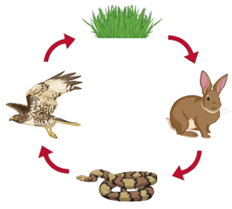Welcome to Spring 1 in Flamingos Class
English
Our two texts for this half-term are Winter’s Child by Kate Greenaway and The Selfish Giant by Oscar Wilde.
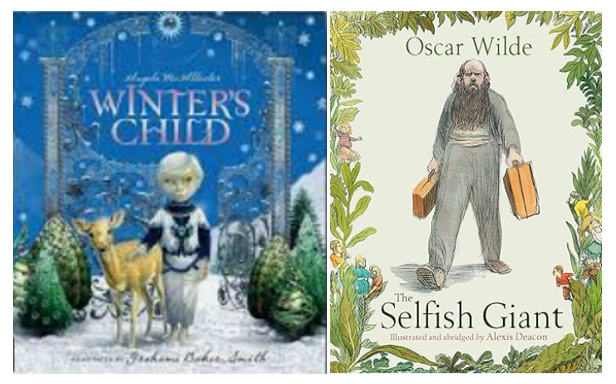
Winter’s Child is the tale of Tom, a young boy who wishes winter would never end. He meets another boy who shares his love of snow and ice. Playing together every day, Tom doesn’t care that spring hasn’t come—until he realizes the terrible effect the unending winter is having on his sick grandmother. When he realizes his friend is Winter’s child, he knows they must say good-bye if the seasons are ever to change.
The Selfish Giant is a story originally by Oscar Wilde and here arranged by Alexis Deacon. It tells the tale of a giant who has a beautiful garden, but he won't let any of the children play in it. Winter comes and never leaves, until the power of love brings Spring and joy into the Giant's garden and his heart.
Pupils will be exploring the following writing genres:
Winter’s Child: Dialogue, setting descriptions, first person recounts and working towards writing their own fantasy sequel story “Spring’s Child”.
Selfish Giant: Postcards, Letters, diaries, persuasive writing, retelling a story from a different perspective.
Key grammar covered will be: Paragraphing, direct speech punctuation, conjunctions, fronted adverbials, pronouns, plural apostrophes, plural possessive apostrophes.
Paragraphing: As a rough guide, we use TiPToP to know where to paragraph within longer pieces of writing.
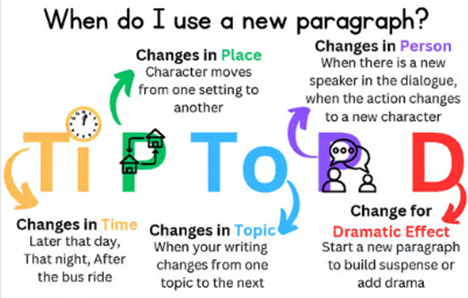
A useful website: https://www.bbc.co.uk/bitesize/articles/z9n73k7#zj4ms82
Direct Speech Punctuation: We looked at this during Autumn 2 half Term and pupils were surprised to learn that in order to achieve Age-Related Expectations in their SATs in year 6, pupils must know how to correctly use direct speech punctuation.
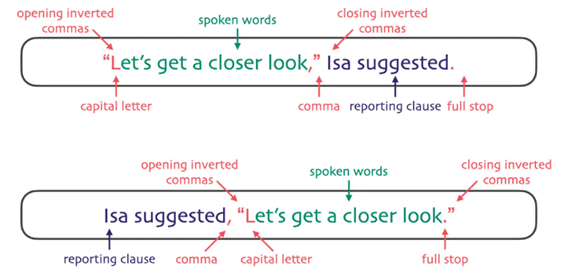
Useful website: https://www.bbc.co.uk/bitesize/articles/zhqh92p
Fronted Adverbials: An adverbial is a word, phrase or clause which adds more detail or information to a verb, e.g the time, place, or manner which describes the action in the rest of the sentence;
- He drove to the hospital as quickly as he could.
- The children jumped happily.
- I met my friend in Paris.
- My daughter finished her work at half past six.
A fronted adverbial is an adverbial phrase or a word that’s moved to the beginning of the sentence, before the verb. They are usually separated from the rest of a sentence with a comma.
- As quickly as he could, he drove to the hospital.
- Happily, the children jumped.
- In Paris, I met my friend.
- At half past six, my daughter finished her work.
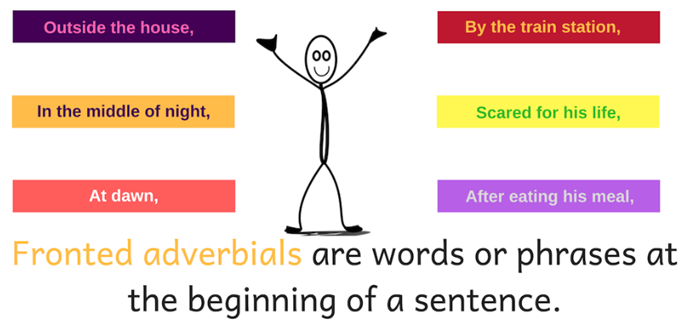
Useful website: https://www.bbc.co.uk/bitesize/articles/zp937p3
Pronouns: A pronoun takes the place of a noun in a sentence. Pronouns are short words like 'it', 'she', 'he', 'you', 'we', 'they', 'us' and 'them'. They are used to describe either individuals or groups of people, rather than using their name or names.
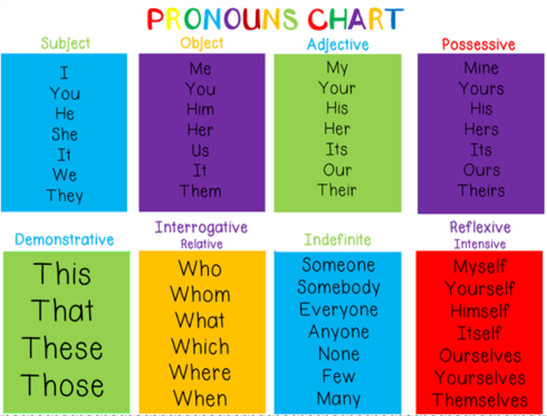
Useful website: https://www.bbc.co.uk/bitesize/articles/z37xrwx
Possessive Apostrophes: Apostrophes can be used to show contraction (For example, cannot = can’t, do not = don’t). We will be focusing on the use of apostrophes to show possession; that something belongs to or is connected to something else. e.g; the girl’s hair was brown.
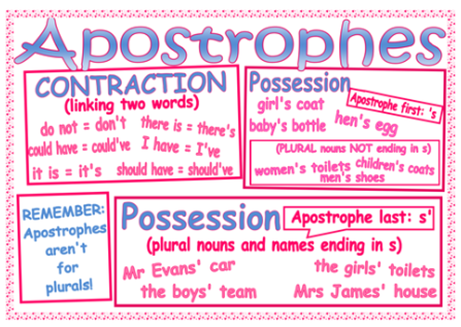
Useful website: https://www.bbc.co.uk/bitesize/articles/zx9ydxs
Spelling
This is taught three times per week and pupils are tested on Mondays. The spelling sheet for each half-term is uploaded to Class Dojo.
Handwriting
This is taught three times per week. It is important that pupils form and place letters correctly and that they develop a cursive, fluent and legible handwriting style. Pupils will receive their pen licence once they can do this consistently.
Mathematics
This half-term, our focus is on multiplication, division, length and perimeter and fractions. Pupils make much better progress in all areas of maths if they have fast recall of their number bonds, timestables and related division facts.
Factors: Factors are numbers that divide exactly into another number.
For example, the factors of 12 are:
1, 2, 3, 4, 6, and 12
Factors can be shown in pairs. Each pair multiplies to make 12
The factor pairs of 12 can be shown;
(1, 12) , (2, 6) , (3, 4)
Multiplying and Dividing by 10 and 100: When we multiply by 10, the digits move one place value column to the left, and we put zero in the one's column to hold the place value. When multiplying by 100, the digits move two place value columns to the left, and we put a zero in the ones and tens columns to hold the place value.
When dividing by 10, the digits move one place value column to the right. When dividing by 100, they move two place value columns to the right.

Length: Knowing how to multiply and divide by 10, 100 and 1,000 is useful when converting between units of length. We will be converting between kilometres and meters.
There are 1,000 metres in a kilometre. So to convert between the two we need to be able to multiply and divide by 1,000.
e.g. 1.2 km = 1,200 m 3,700 m = 3.7 km
Perimeter: This is the measurement around the outside edge of a closed 2D shape. e.g;
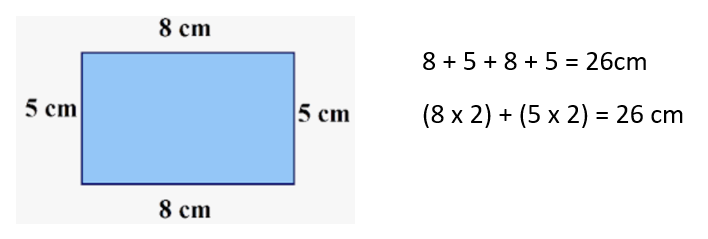
Rectilinear shapes: A rectilinear shape is a 2D shape with straight sides and right angles. We will be finding the perimeter of rectilinear shapes.
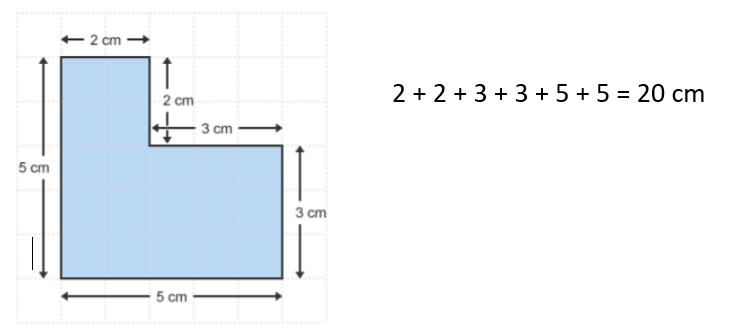
Fractions: If you have secure knowledge of timestables, fractions are easy!
Fractions show equal parts of a whole. The denominator (bottom number) tells us how many equal parts the whole is divided into. The numerator (top number) tells us which of those parts we are interested in.
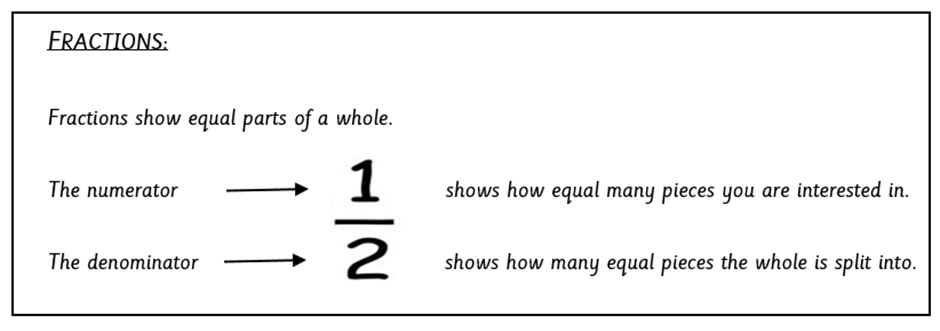
Key vocabulary:
Proper Fraction: Where the numerator is less than the denominator.
Improper Fraction: Where the numerator is greater than the denominator.
Mixed Number: Where there is a whole number and a fraction, e.g. 3 ¾
Art
In this unit of work, we will be studying space in art and how artists create space in their art. We begin by looking at famous works of art to understand how artists can create the illusion of three dimensions.

We will look at how artists use perspective and the different areas within a 2D shape to create depth.
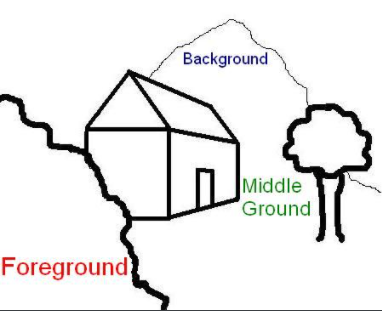
Computing
Pupils will create programs by planning, modifying, and testing commands to create shapes and patterns.
As always, there will be a lesson and continued focus on safety.
Drama
Drama will be used as a strategy to teach and embed across a range of subjects. This will include hot-seating, role-play, conscience ally, freeze framing, thought tracking, teacher in role, flashback and flash forward questioning.
In addition, we will be starting our rehearsals for the Lower Key Stage 2 production! Watch this space!
French
Children will learn French numbers 1-31, the days of the week, months of the year, dates and seasons through maths and songs and class surveys and research of dates of French festivals.
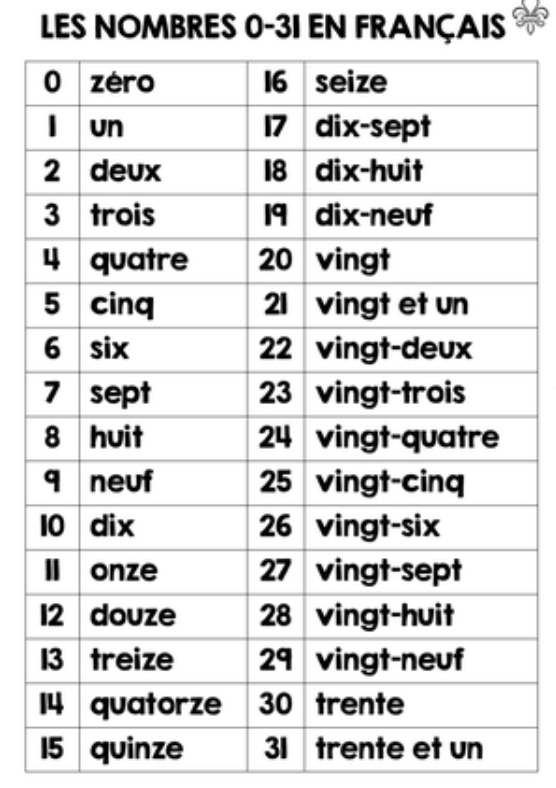
Geography
This unit builds on children’s understanding of Europe and looks closely at Eastern Europe. In previous units, children have studied Mediterranean Europe (Year 4), Western Europe (Year 3) and Northern Europe (Year 2). They have been introduced to concepts such as migration and trade and have explored the impact of the climate on food and farming. In this unit, children will build on their knowledge of Europe and explore Eastern Europe in more depth. They will explore the countries of Eastern Europe and key features such as rivers and climate.
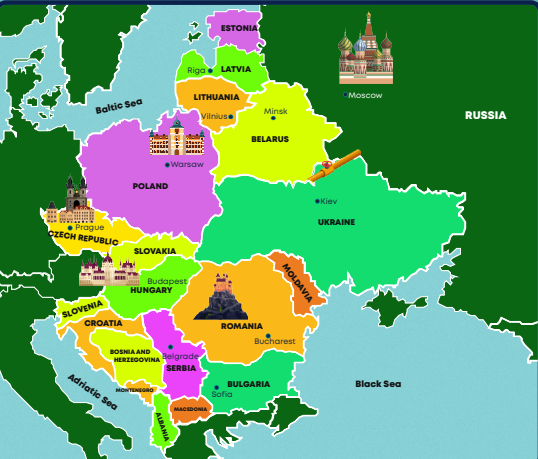
History
In Year 2, pupils were introduced to the history unit ‘The Romans in Britain’. During this unit, they were introduced to the concept of empire. The pupils studied the Roman invasion of Britain and learnt how, at the time, the people living in Britain were not as advanced as the Romans, who used their large army and technology (technical skills and knowledge) to grow and build their empire. The Romans significantly influenced Britain’s towns, roads, canals and aqueduct systems (which brought water into towns and cities). The Roman Empire was vast, long-lasting and hugely impactful on the history of Britain, Europe and the world.
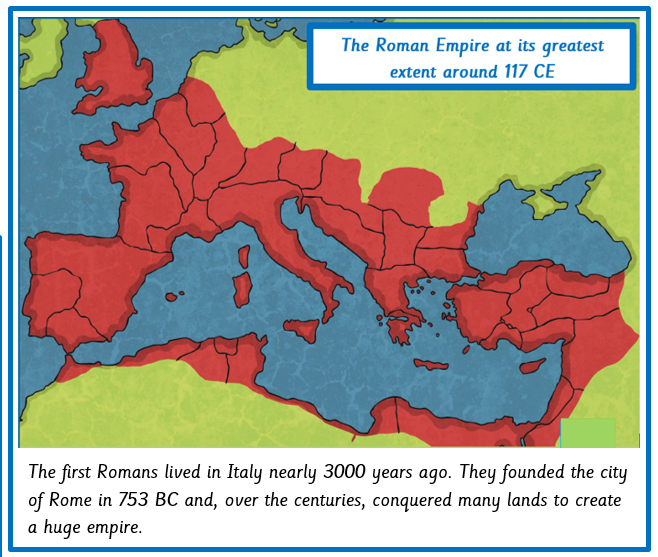
Life Skills
In our Life Skills sessions, we will be developing pupils’ understanding of the importance of environmental issues and considering the positive and negative impact humankind has on our planet. In particular, we will be exploring ways in which we can help reduce our carbon footprint, increase our recycling and protect the planet for future generations.

Music
This lesson will be taught by Mrs King on Wednesday afternoon. The work is all about composing music with friends and considering how music improves our world. When composing music together, there is a lot to remember! Music is often written based on various key signatures that guide melodies used in the music. There is often a note that sounds like ‘home’, or where a melody should ‘land’. This is called the ‘tonic pitch’ or the ‘home note’ and makes a melody or a song sound final – like it has been resolved. Pupils will practice listening, singing, and playing instruments to explore this important note in music. They will continue to develop their understanding of musical notation.
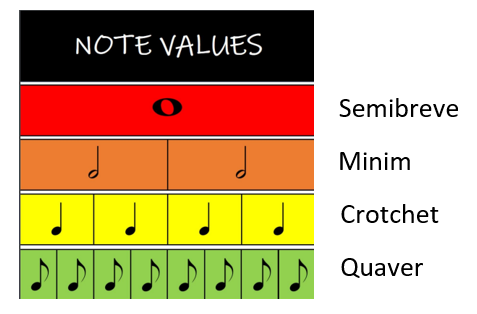
P.E.
This half-term, Flamingos will be going to Mildenhall Leisure Centre for an hour of swimming instruction. There will be opportunities for competent swimmers to progress whilst ensuring that non-swimmers become water confident and hopefully learn to swim.
In our other P.E. sessions, we will be focusing on fitness; our ability to be physically active. General fitness is about being fit in order to lead a healthy, happy life. This includes keeping our heart, lungs, muscles and bones strong. Specific fitness is about being fit in a particular area, perhaps for a sport or an occupation. We can improve our fitness by regularly exercising and eating a healthy diet.
R.E.
In our R.E. sessions, we will be considering the key question: How important is it for Jewish people to do what God asks them to do? This will include exploring important stories from the Old Testament of the Bible and developing an understanding of key practices of the Jewish faith, such as kosher food, the Seder Meal and making a mezuzah. These are small decorated boxes that are placed on the right doorpost of Jewish homes to constantly remind Jews of God’s presence. Inside the box is a parchment scroll with verses from the Torah inscribed on it.
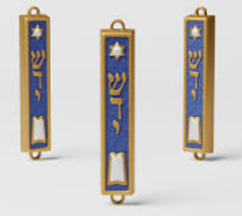
Science
This half-term, science will be taught by Mrs King on Wednesday afternoons. Our unit of work is all about ecology, which fits nicely in with our Life Skills work on the environment. In particular, we will be looking at pollution, food chains and ecosystems.
